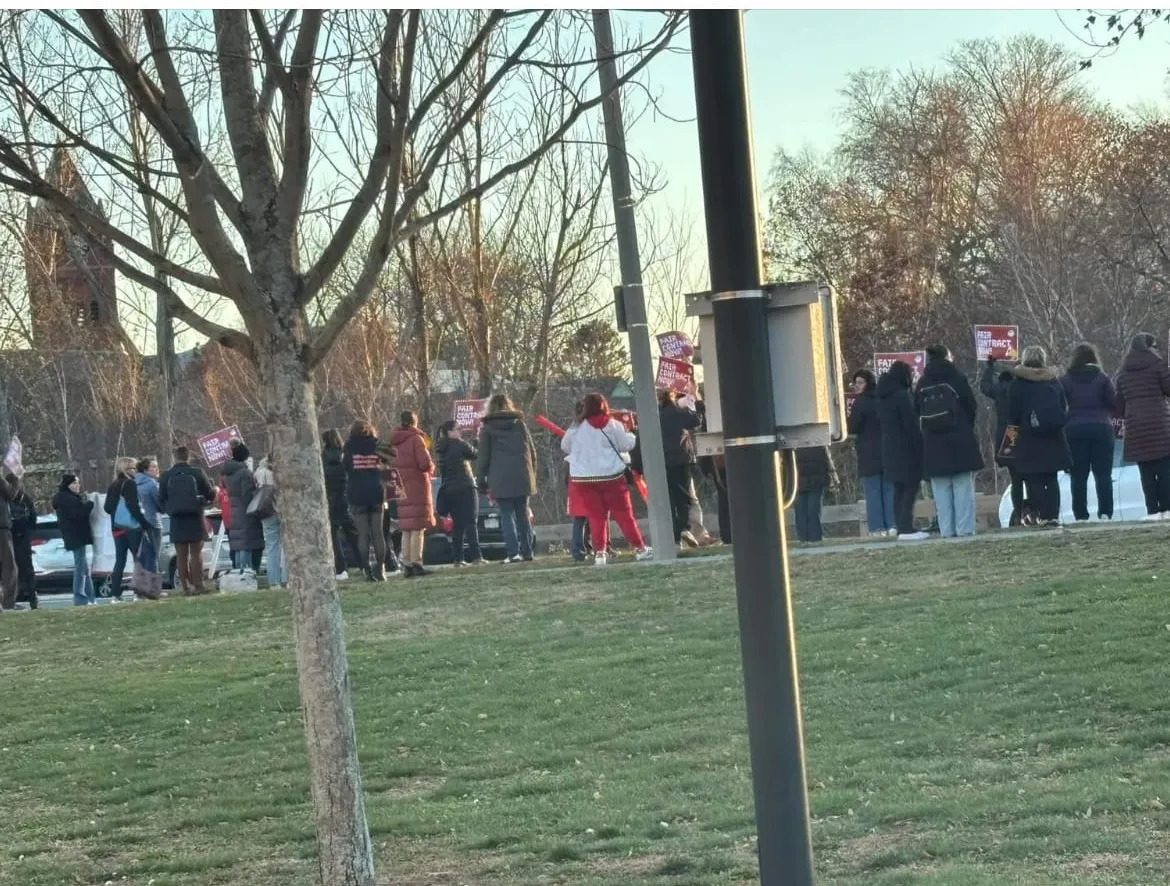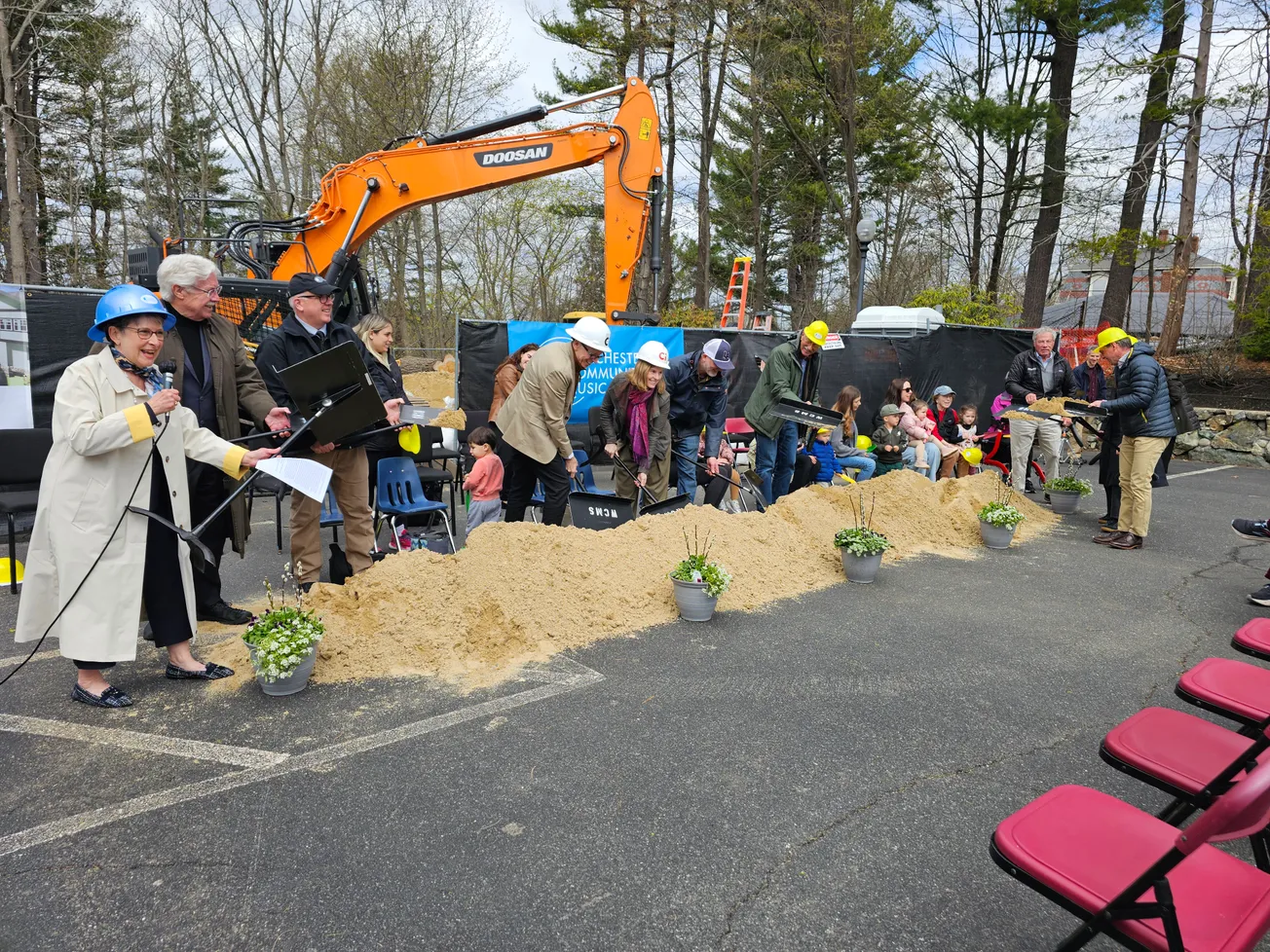Table of Contents
By Walter Hubbard, Ron Latanision, and John Brown
While commercial air travel is an extremely safe mode of transport, accidents involving fire or explosion have occurred. Though very infrequent, they can have catastrophic consequences.
These accidents are the driving force behind all safety recommendations by the National Transportation Safety Board, regulations by the Federal Aviation Administration, and adoptions by industry.
In this presentation, Dr. Albert Moussa answered the question, How Safe are the Friendly Skies?
Based on real-world examples, Moussa provided an overview of the main types of in-flight and post-crash fires involving aircraft engine, fuel tank, cabin and cargo compartments. He also gave examples of safety improvements of commercial aircraft and new challenges brought about by drones powered by electricity and hydrogen.
And he presented the highlights of a unique three-day professional engineering course on Aircraft Fire Hazards, Protection and Investigation that he teaches annually. This is a multi-media presentation illustrated with slides, computer model output and short video clips.
Moussa is the founder and technical director of BlazeTech Corp., a technology development and consulting company in the areas of safety, environment and energy. He specializes in combustion, fire, and explosion, working particularly for the aircraft and chemical industries.
Moussa has received coverage by the media, including the New York Times, CBS, BBC and several European journals for his work.
2023-24 Wrap Up – The Future of the New England electric grid.
We wrapped up our current year of The Wilson Forum in June. Walter Hubbard moderated a discussion regarding the forum’s focus in 2023-2024 on electric generation and associated environmental issues.
We discussed the reality of climate change and how to mitigate its effects by reducing fossil fuel use, thus reducing carbon dioxide production. We can help by switching to heat pumps and electric vehicles which can cut CO2 production in half.
Yet to accomplish that over the next 25 years, the New England electric grid will see its winter peak demand triple from 20 GW today to almost 60 GW in 2050. (For reference, one nuclear power plant can produce about 1 GW of electric power.)
To help meet that demand in the short term, ISO New England, the entity that controls the grid, plans to bring on-line: 2 GW from off-shore wind farms, 1.2 GW from Hydro-Quebec and 1.2 GW from land-based wind farms in Maine.
In fact, right now, over 6 GW is produced by roof-top solar panels on a sunny day. To meet the longer-term demand, ISO-NE is looking at an additional 16 GW from off-shore wind farms, 12 GW from solar, and 18 GW from battery storage.
It is going to be expensive to reach these goals and our electricity rates will certainly increase. We discussed the consequences of shifting to renewable energy in terms of cost and of not shifting in terms of climate change. It is a question that we and our elected officials will be grappling with for the foreseeable future.
Winchester News is a non-profit organization supported by our community. If you appreciate having local Winchester news, please donate to support our work, and subscribe to our free weekly newsletter.









